Blog
- Home
- Blog
Understanding the Importance of Water Metering for Sustainable Water Management
Water Metering plays a crucial role in effective water management, especially as global water scarcity continues to rise. Understanding the importance of water metering is essential for promoting sustainable practices that can significantly reduce waste and enhance resource efficiency. By accurately measuring water usage, consumers and utilities can identify patterns, detect leaks, and implement conservation strategies that contribute to a healthier environment and a more resilient supply system.
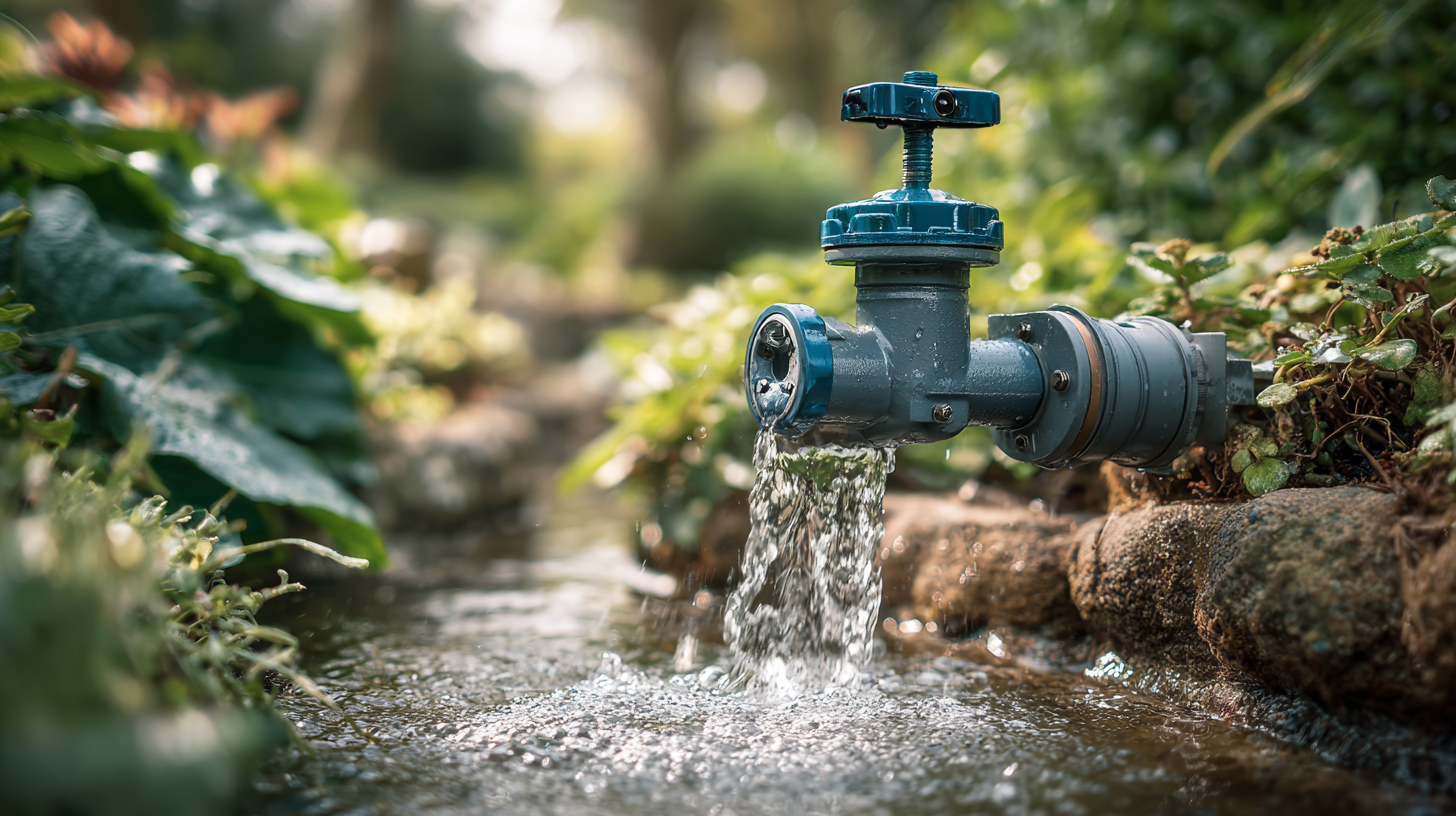
This section aims to guide readers through the various methodologies and technologies involved in water metering, highlighting best practices and innovative solutions that not only benefit individuals but also support broader community efforts toward sustainable water stewardship. Engaging with water metering not only empowers users to take control of their consumption but also aligns with global initiatives aimed at equitable and sustainable water distribution.
Ultimately, effective water metering is a vital component in the journey towards a sustainable water future, ensuring that this precious resource is utilized responsibly and preserved for generations to come.
The Role of Water Metering in Promoting Efficient Water Use
Water metering plays a crucial role in promoting efficient water use, particularly in an era where sustainable water management is of utmost importance. By providing accurate measurements of water consumption, meters empower both consumers and utilities to better understand and regulate their usage. This awareness can lead to more conscientious consumption, as individuals and businesses realize the direct impact of their habits on water resources.
Moreover, water metering facilitates the identification of leaks and inefficiencies within distribution systems. When water loss occurs due to undetected leaks, not only are resources wasted, but the overall efficiency of the water supply is compromised. Regular monitoring through metering allows for timely repairs and maintenance, ultimately leading to a more reliable and sustainable water delivery system. In addition, data collected from water meters can inform policymakers and managers in making informed decisions regarding water allocation, conservation strategies, and investment in infrastructure.
How Accurate Measurements Contribute to Sustainable Water Practices
Accurate water metering plays a crucial role in fostering sustainable water management practices. Studies from the International Water Association indicate that up to 30% of water produced in urban areas is lost due to leaks and inefficiencies, largely stemming from inadequate measurement solutions. By implementing advanced metering technologies, utilities can significantly reduce these losses. Accurate measurements allow for timely detection of leaks, better forecasting of water demand, and improved resource allocation, which ultimately promotes conservation efforts.
Furthermore, precise water metering empowers consumers to monitor and adjust their usage patterns effectively. According to a report by the American Water Works Association, households that receive regular feedback on their water consumption can reduce usage by up to 15%. This not only alleviates pressure on local water supplies but also encourages community engagement in sustainable practices. By fostering a culture of awareness and accountability, accurate water metering serves as a foundation for sustainable water management initiatives that benefit both the environment and society as a whole.
Innovative Technologies Enhancing Water Metering Solutions
Innovative technologies are revolutionizing water metering solutions, significantly contributing to sustainable water management practices. 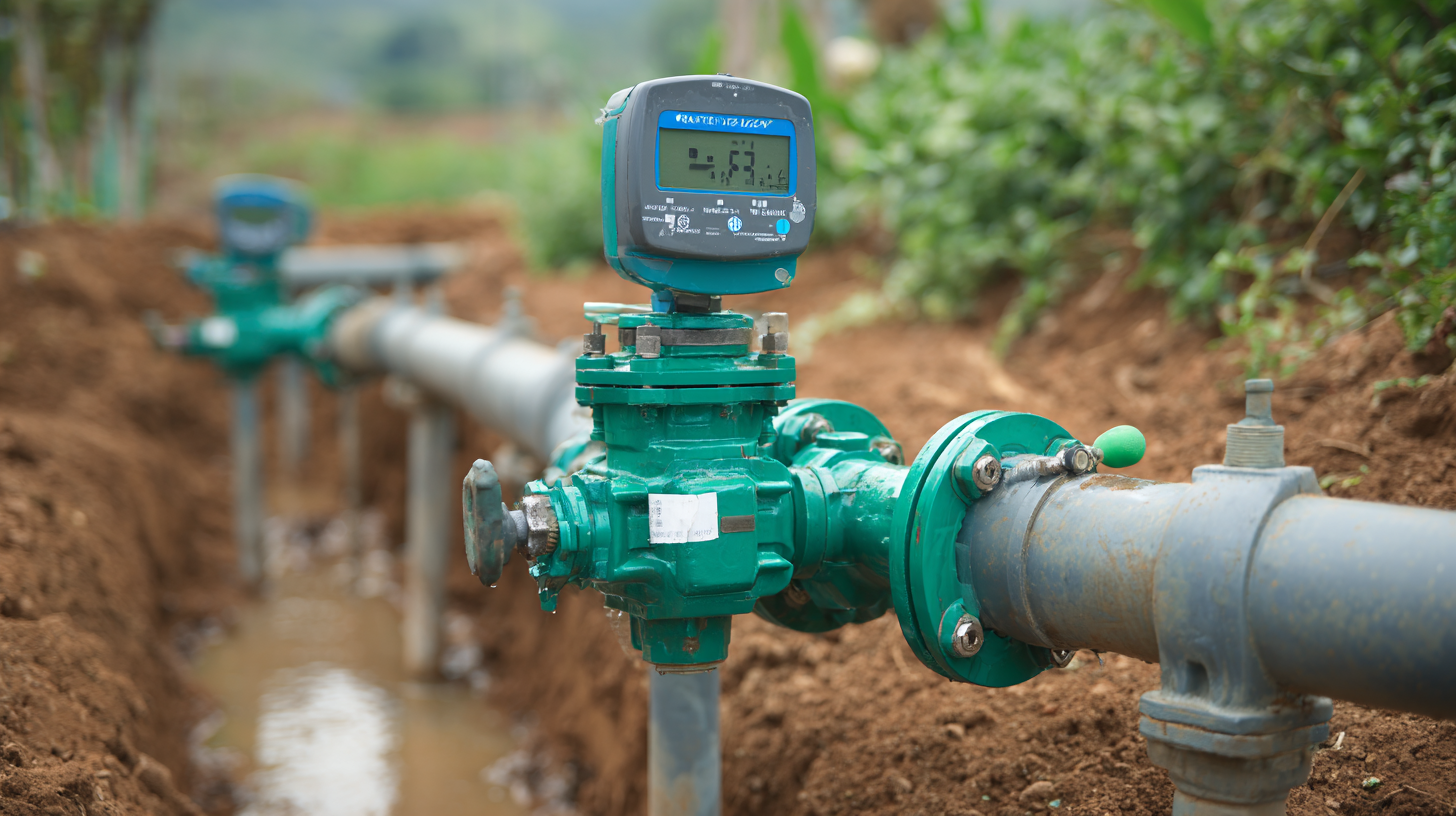 Smart water meters, equipped with advanced sensors and real-time data transmission capabilities, are becoming increasingly popular in urban areas. According to a report by the American Water Works Association, smart metering can reduce water losses by up to 30%, allowing municipalities to better manage their resources and prioritize conservation efforts. These meters provide municipalities with valuable insights into consumption patterns, helping to identify leaks and mitigate wastage effectively.
Smart water meters, equipped with advanced sensors and real-time data transmission capabilities, are becoming increasingly popular in urban areas. According to a report by the American Water Works Association, smart metering can reduce water losses by up to 30%, allowing municipalities to better manage their resources and prioritize conservation efforts. These meters provide municipalities with valuable insights into consumption patterns, helping to identify leaks and mitigate wastage effectively.
Moreover, the integration of artificial intelligence (AI) and machine learning (ML) into water metering systems is paving the way for predictive analytics and automatic adjustments to water distribution based on usage trends. As stated in a recent publication by the International Water Association, cities that adopt AI-driven water management systems can enhance operational efficiency by at least 20%. These innovations not only improve the reliability and accuracy of water metering but also empower consumers with information about their water usage, promoting responsible consumption and encouraging community engagement in water conservation initiatives.
Key Benefits of Water Metering for Urban and Rural Communities
Water metering serves as a fundamental element in promoting sustainable water management in both urban and rural communities. By accurately measuring water usage, meters provide critical data that helps identify consumption patterns, inefficiencies, and potential areas for conservation. In urban areas where water demands are high, implementing metering systems not only aids in optimizing resource allocation but also empowers residents to make informed decisions about their water usage, fostering a culture of sustainability.
For rural communities, water metering plays an equally vital role by supporting effective agricultural practices and resource management. Farmers can track water usage more precisely, enabling them to adopt techniques that enhance crop yield while conserving water. Additionally, metering can help monitor groundwater levels, ensuring that these vital resources are not depleted. Overall, the implementation of water metering systems paves the way for increased awareness and responsibility regarding water consumption across diverse communities, ultimately contributing to the sustainable management of this essential resource.
Strategies for Implementing Effective Water Metering Systems
Effective water metering systems play a critical role in sustainable water management by offering precise insights into water usage. Organizations, such as data centers, which face growing scrutiny over their water consumption, can leverage advanced metering technologies to monitor and optimize usage. Implementing smart water meters allows facilities to identify patterns of inefficiency and target reductions in waste, thereby aligning their operations with environmental protection efforts. In doing so, companies not only contribute to sustainability but also enhance their reputation and operational efficiency.
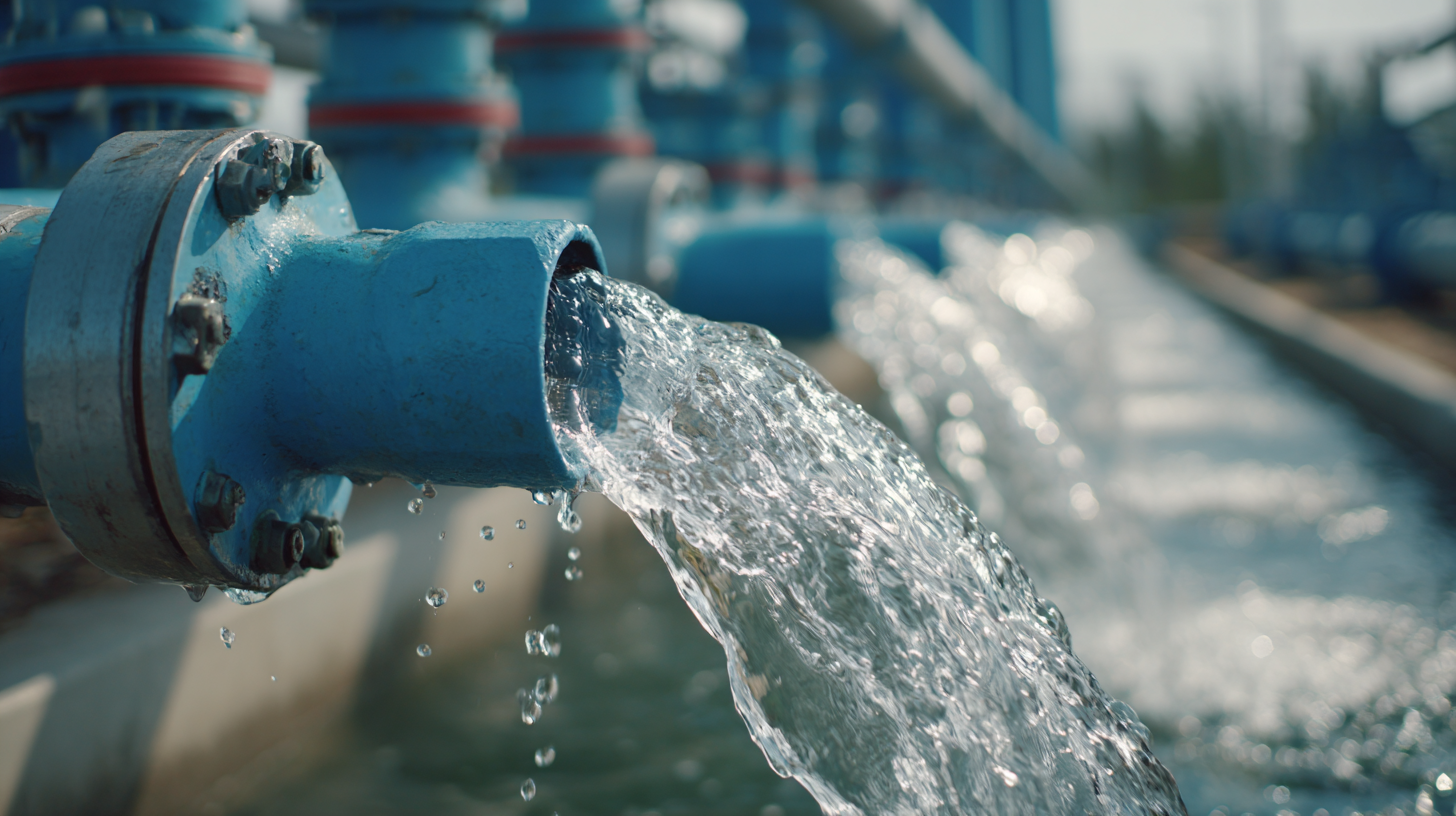
To further bolster these efforts, integrating innovative strategies is essential. For instance, localized initiatives such as trialing smart water meters in key non-residential sectors can lead to immediate data collection and more informed decision-making. Additionally, regions like Uttar Pradesh exemplify the benefits of recognizing water conservation achievements, motivating other areas to adopt similar measures. By establishing new regional water authorities and robust consumer advocacy, we can ensure that water metering systems are not only implemented effectively but also aligned with local needs and priorities, fostering a culture of responsible water stewardship.
Related Posts
-

5 Essential Tips for Sourcing the Best Pump Water Solutions Globally
-
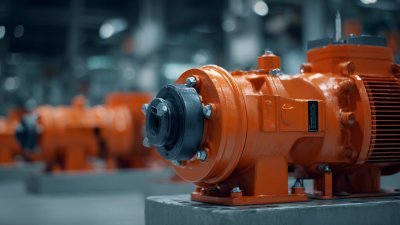
Exploring the Latest Innovations in Pump Products: Enhancing Efficiency and Sustainability
-
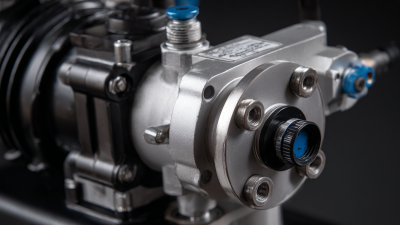
Understanding the Advantages of Hydraulic Diaphragm Pumps in Modern Industrial Applications
-
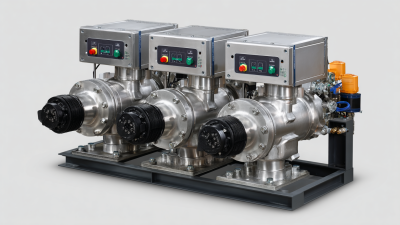
Understanding the Importance of High Pressure Dosing Pumps in Modern Industries
-

How to Select the Right Hydraulic Diaphragm Pump for Your Industrial Needs
-
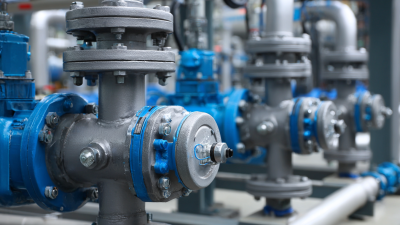
Understanding the Benefits of High Pressure Diaphragm Pumps in Industrial Applications
